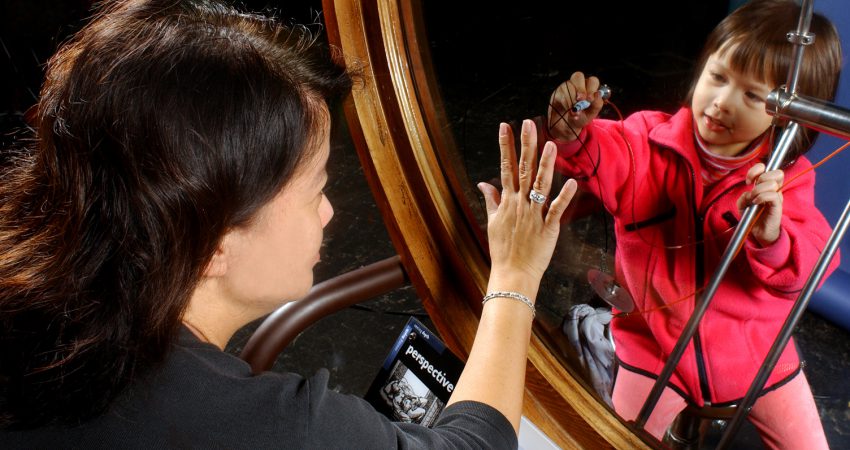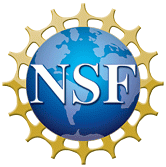
By Elaine Regan - June 2011
PAPER CITATION
Yeo, J., & Tan, S. C. (2010). Constructive use of authoritative sources in science meaning-making. International Journal of Science Education, 32(13), 1739 –1754.
WHY IT MATTERS TO YOU
For effective meaning-making in science the dialectical process needs both abstract knowledge and a meaningful context: meaning made of, for, with authoritative sources.
What Is The Issue?
Presence of authoritative sources in the learning environment could mediate students’ refinement of scientific understanding from everyday knowledge to theoretical knowledge, deconstructed knowledge, reconstructed knowledge, and reflexive knowledge.
Credible information repositories of scientific knowledge are referred to as authoritative sources (products of the mind that are invariant in translation) and include experts, teachers, and media forms, such as textbooks. They are often associated with didactic forms of teaching, leading them to be controversial in a constructivist learning setting where students are thought to make meaning in science through collaborative attempts to build science knowledge. Use of authoritative sources in science inquiry settings in particular, where observation, interpretation, and critical thinking are central, may shift the focus onto formulaic learning and deferring to texts for answers according to some research. However, total avoidance of their use can result in a loss of potential resources that also facilitate meaning-making within inquiry sessions. As a result, students need to learn how to use ideas and make sense of these sources of information and communicate with each other using them: Scardamalia (2002) maintains that “constructive use of authoritative sources” is a principle for knowledge building. Knowledge building is an instructional approach that supports an iterative cycle for the improvement of ideas, for continual science meaning-making.
What Was The Study?
This study examines ways in which authoritative sources can be utilized constructively in mediating meaning-making of a group of five grade 9 students (age 14 years) in a problem-based learning science classroom in Singapore using a computer-supported collaborative learning system called Knowledge Constructor. This meaning-making process was examined through a problem-based learning activity carried out over three 2-hour sessions in a science laboratory. The types of meaning constructed by the students was analyzed from the online discourse (students’ artifacts and interview data) using systemic functional linguistics.
What Were The Findings?
This study found that the teacher’s voice could be used effectively to direct students’ attention (by defining the scientific subject matter and types of resources) in the instructions given to the students. The presence of the authoritative sources helped students to become acquainted with science language before deconstructing it (prompted by the teacher and the problem context posed in the problem based learning session) and making meaning with and later for the new knowledge.




